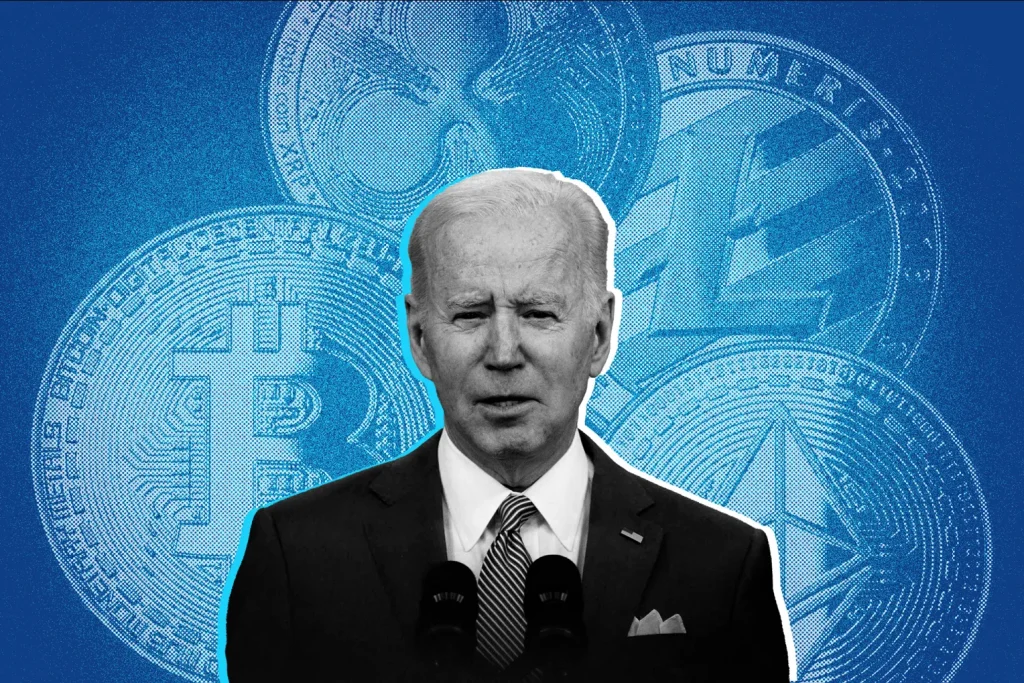Donald Trump is one of five US presidents who lost the popular vote but won in the electoral college, thus assuming the nation’s highest office. If forecasting markets are correct, it will repeat that success this year.
“Who will win the popular vote?” in Polymarket. In the contract, “yes” shares for Joe Biden are trading at 56 cents, indicating the market sees a 56% chance of Biden winning the popular vote. If this prediction turns out to be correct, each share will pay $1 (in USDC stablecoin), otherwise it will pay nothing.
On the other hand, Trump’s probability of winning the popular vote is set at only 36%. $36 million has been bet on this question, making it Polymarket’s fourth largest market by volume.
The biggest market, of course, is on who will win the presidential election, where a total of $182 million has been bet. Here, Trump stands out as the favorite with a probability of 57%, while Biden’s probability of winning is seen as 35%.
Polymarket blocks US users under a regulatory agreement, so traders are assumed to be making their predictions remotely. PredictIt, a more traditional US election betting site that settles bets in dollars and operates with quasi-regulatory approval, gives Trump a 52% chance and Biden a 47% chance. But the volume here is relatively small at $15.7 million.
The Electoral College was designed in the Constitutional Convention of 1787. Its purpose is to balance the influence of populous and less populous states, to ensure that the voices of small states are heard in the election, and to prevent a few larger states from dominating the outcome. The popular vote is the proportion of votes cast for each candidate that has no electoral weight.
The board consists of 538 electors, and a majority of 270 electors is needed to win the presidency. Each state has a number of electors equal to the number of members in its Congressional delegation: per member of the House of Representatives (the number of members of the House of Representatives is proportional to the population of the state) plus two senators.
Critics of this system call it anti-democratic, while its defenders argue that it is a bulwark protecting minority rights against the potential tyranny of the majority. One thing is certain: If the Polymarket bettors are correct and Trump wins the electoral college, losing the popular vote, “Not My President” protests will be back in fashion.
You can also freely share your thoughts and comments about the topic in the comment section. Additionally, don’t forget to follow us on our Telegram, YouTube, and Twitter channels for the latest news and updates.


